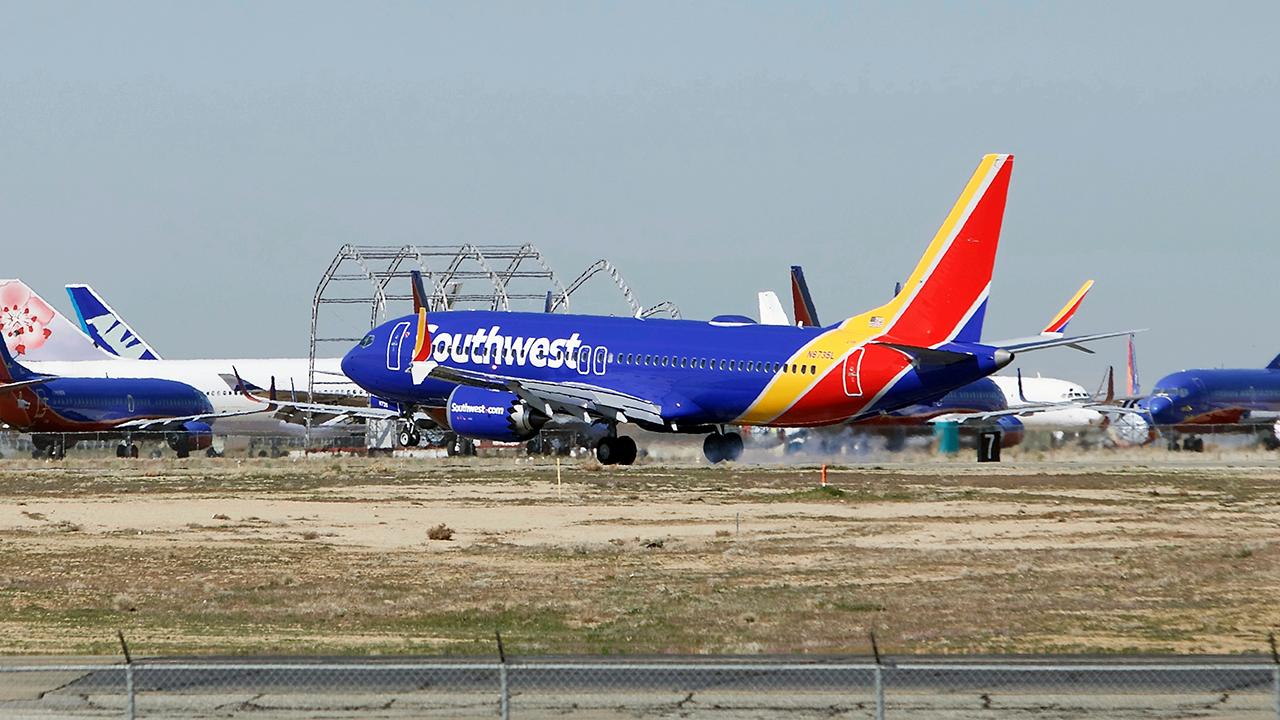Industry must ensure new aircraft meet regulations, says FAA's acting chief
The aviation industry, not the Federal Aviation Administration, is in charge of ensuring new aircraft meets federal regulations, the agency's acting chief is slated to tell a Senate panel on Wednesday, testimony that comes as scrutiny of the certification system intensifies after two fatal crashes involving Boeing’s Max aircraft.
The Department of Transportation has opened a probe into the FAA’s approval process and recently launched a special committee to review the system, while the Justice Department reportedly pursues a criminal investigation into the certification of Boeing’s Max jets -- which were involved in the recent Lion’s Air and Ethiopian Airlines crashes.
In defending the approach, acting FAA Dan Elwell says the agency has shifted its oversight paradigm over the last two decades to “one that is performance-based, proactive, centered on managing risk, and focused on continuous improvement,” according prepared testimony in advance of a hearing in the Senate Commerce Committee.
The approach “does not diminish the FAA’s role as a safety regulator,” he wrote.
Elwell said it is the applicant “who is required to develop aircraft design plans and specifications and perform the appropriate inspections” to ensure the aircraft abides with federal regulations.
“The FAA is responsible for determining that the applicant has shown that the overall design meets the safety standards,” he wrote.
Once the information is submitted, the agency reviews the application and conducts a risk-based evaluation.
The FAA is also “directly involved” in the certification of new features, according to Elwell. Any changes must be submitted to the agency for approval, which then holds a series of meetings with the applicant on the proposal.
“Once the certification basis is established for a proposed design, the FAA and the applicant develop and agree to a certification plan and initial schedule,” he wrote. “The applicant must conduct an extensive series of tests and reviews to show that the product is compliant with existing standards and any special conditions.”
Elwell says the agency followed “its standard procedures” in certifying Boeing’s 737 Max jets.
| Ticker | Security | Last | Change | Change % |
|---|---|---|---|---|
| BA | THE BOEING CO. | 244.74 | +1.76 | +0.72% |
Boeing is working on a software update to its planes to address, among other things, errors with the “angle of attack” sensor – a key part of its Maneuvering Characteristics Augmentation System (MCAS) that tracks lift at takeoff to prevent stalling.
Questions have arisen after the Lion's Air and Ethiopian Airlines crash of whether there was sufficient pilot traning of Boeing's MCAS program, which was approved on March 7, 2017.
"That is a question that the [Inspector General] investigation hopefully will provide, as well as that of the special committee," Transportation Secretary Elaine Chao told a Senate panel on Wednesday.
CLICK HERE TO GET THE FOX BUSINESS APP
An initial MCAS update to fix the issues that led to the recent crashes was submitted by the Chicago-based manufacturer on Jan. 21, amid a 35-day government shutdown over President Trump’s demand for a wall on the U.S.-Mexico border that paralyzed the FAA.




















